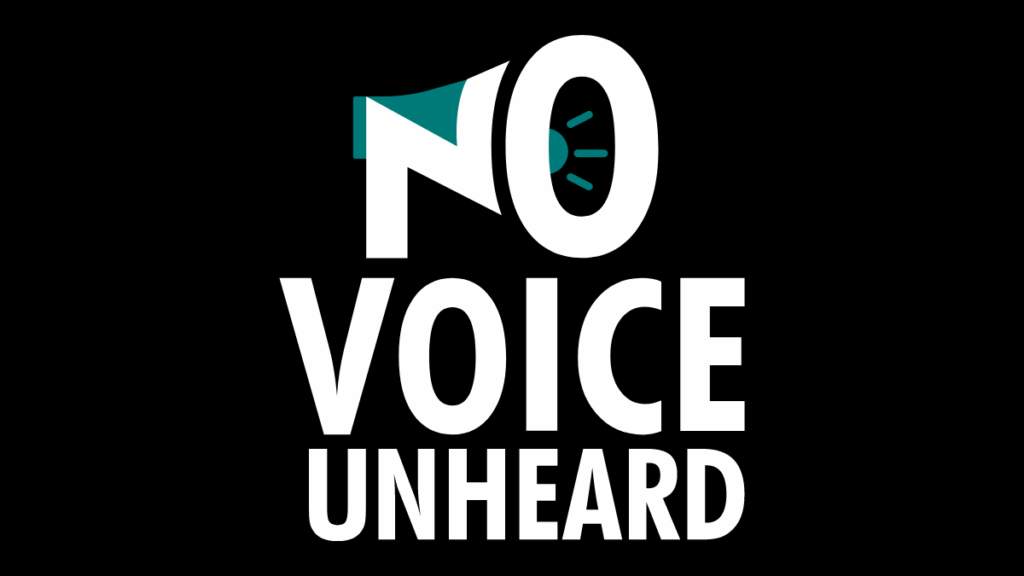We the People are once again facing unprecedented times. Resistance to the current administration is building and people across the globe are looking for ways to help. Activism is new to many of us, it is vital to be informed in what Nonviolent Resistance truly stands for and the kinds of Nonviolent Resistance we can participate in.
What is Nonviolent Resistance?
Also known as nonviolent action or civil resistance. Nonviolent resistance is working toward social change through protests, economic or political noncooperation, or other methods while refraining from violence and the threat of violence. It aims to disrupt oppressive systems and win over opponents through moral persuasion and by highlighting the injustice of the situation. Nonviolent resistance has been shown to be twice as effective as armed struggle in achieving major political goals.
Principles of Nonviolence
Dr. Martin Luther King Jr. took inspiration from the teachings of Gandhi and the Bible and believed these six principles of nonviolence should be a way of life.
- Nonviolence is a way of life for courageous people.
- Nonviolence seeks to win friendship and understanding.
- Nonviolence seeks to defeat injustice, not people.
- Nonviolence holds that suffering can educate and transform.
- Nonviolence chooses love instead of hate.
- Nonviolence believes that the universe is on the side of justice.
Types of Nonviolent Resistance
- Protests & Sit-Ins
- Marches, vigils, and demonstrations to raise awareness.
- Economic or Political Noncooperation
- Boycotts, strikes, and refusal to participate in systems of oppression.
- Civil Disobedience
- Refusal to comply with unjust laws or pay taxes and fines to an oppressive system.
- Information Warfare
- Community education
- Workshops
- Pamphlets/Flyers
- Community education
Effectiveness of Nonviolent Resistance
The success of Nonviolent Resistance depends of the level of organization, the ability to mobilize large numbers of citizens, and the willingness of the government to negotiate or compromise.
- A study done by Erica Chenoweth, a Harvard Kennedy School professor, and her colleague Maria J. Stephan collected data on nonviolent and violent campaigns between 1900 and 2006 that resulted in the overthrow of a government or in territorial liberation. With over 323 mass actions in their data set and 160 variables considered, they found that nonviolent civil resistance was far more effective in producing change. 53% of major nonviolent campaigns were successful compared to only 26% of violent campaigns.
- “3.5% Rule”
- No government can withstand a challenge from 3.5% of its population without either accommodating the movement or disintegrating.
- Broad Participation: Nonviolent Resistance campaigns attract a wider range of participants, potentially disrupting normal urban life and functioning of society, which can be a powerful tool for change.
- No government can withstand a challenge from 3.5% of its population without either accommodating the movement or disintegrating.
- “3.5% Rule”
Examples of Successful Nonviolent Resistance
- Civil Rights Movement (1960s)
- Martin Luther King Jr. Led the way for African Americans during The Civil Rights Movement; sparked when Rosa Parks defying orders and refusing to give up her seat on the bus (a form of nonviolent protest through civil disobedience). Boycotts, marches, and many other demonstrations followed and applied massive political pressure for change.
- The Civil Rights Movement in the United States led to significant legislation like the Civil Rights Act of 1964 and the Voting Rights Act of 1965.
- Martin Luther King Jr. Led the way for African Americans during The Civil Rights Movement; sparked when Rosa Parks defying orders and refusing to give up her seat on the bus (a form of nonviolent protest through civil disobedience). Boycotts, marches, and many other demonstrations followed and applied massive political pressure for change.
- United Farm Workers (UFW, 1965)
- Cesar Chavez led several Farm Worker organizations in joining together to fight for better labor rights for the Mexican-American and Filipino-American farm workers of California.
- Delano Grape Strike- The strike lasted for five years and was characterized by its grassroots efforts—consumer boycotts, marches, community organizing and nonviolent resistance—which gained the movement national attention.
- Cesar Chavez led several Farm Worker organizations in joining together to fight for better labor rights for the Mexican-American and Filipino-American farm workers of California.
- Vietnam War Protests (1960s-1970s)
- The U.S. anti-war movement had amassed an impressive record of nonviolent action. Over a decade of organizing, actions had included mass protests and vigils; sit-ins, occupations, and blockades; conscientious objection, draft resistance and desertion; obstruction of military recruiters, arms shipments and personnel; petitioning and letter-writing campaigns.
Nonviolent Resistance is a pivotal piece in making change in our current times. Success is dependent on us now. As resistance builds and protests continue, we must hold fast to our principles of love and acceptance and fight the injustice we see. Show them that kindness, empathy, and unity are louder and more powerful than hate and violence. Solidarity will keep our movement alive. Our voices will be heard.
Mya
NoVoiceUnheard
Sources/Further Reading:
Principles of Nonviolent Resistance: https://nmmlksc.org/principles-of-nonviolence/ , https://thekingcenter.org/about-tkc/the-king-philosophy/
Erica Chenoweth, “3.5% Rule”: https://news.harvard.edu/gazette/story/2019/02/why-nonviolent-resistance-beats-violent-force-in-effecting-social-political-change/
Civil Rights Movement: https://kinginstitute.stanford.edu/nonviolence , https://www.nonviolent-conflict.org/us-civil-rights-movement-1942-1968/
Delano Grape Strike: https://www.nps.gov/articles/000/workers-united-the-delano-grape-strike-and-boycott.htm
Vietnam War Protests: https://www.whitehousehistory.org/anti-war-protests-of-the-1960s-70s , https://www.nonviolent-conflict.org/us-anti-vietnam-war-movement-1964-1973/

